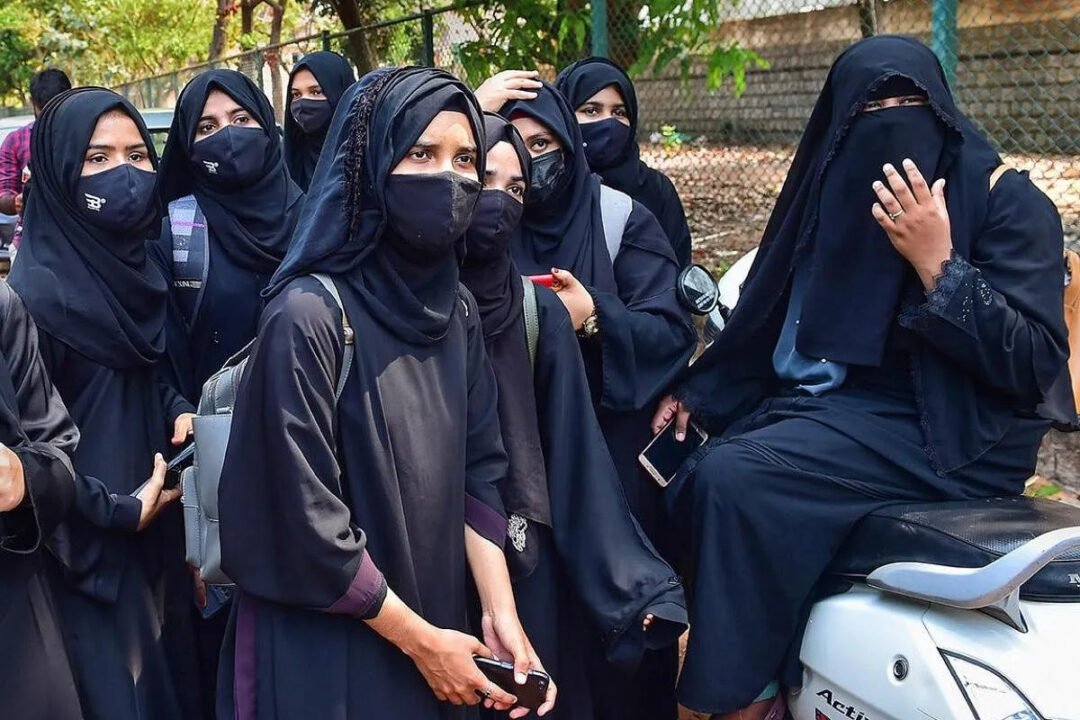By: Dipak Kurmi
Rahul Shivshankar and Siddhartha Talya’s recently launched book, “Modi and India: 2024 and the Battle for Bharat,” stands out for its readability and meticulous research. I had the privilege of being a speaker at the event, sharing the platform with a distinguished panel featuring RSS leader Ram Madhav, BJP vice-president Jay Panda, scientist and commentator Dr. A.R. Ranganathan, and ANI’s Smita Prakash.
The authors kick off with a thought-provoking query: “Will the 2024 election mark a mandate for the establishment of Hindu Rashtra?” While the question is polemical, it doesn’t serve as the central thesis of the book. Instead, the authors aim to articulate compelling reasons for India to shed its colonial legacy, rectify overlooked or distorted facets of its historical narrative, and embark on a journey of rediscovering the profound civilization to which it belongs – a transition towards Bharat.
The use of ‘Bharat’ here stands in contrast to ‘India,’ suggesting that while one signifies cultural rootedness and authenticity, the other represents the dominance of a rootless anglicized elite and mindless mimicry of the West. However, the debate between India and Bharat is somewhat exaggerated. Bharat encapsulates our ancient civilization, while India has evolved into an international brand, rapidly ascending as a global power.
The book’s core argument holds weight: colonization extends beyond the physical subjugation of a populace; it infiltrates the realm of their minds. While political freedom may have a defined moment, the erasure of cultural colonization takes decades thereafter, and India serves as a poignant illustration of this enduring process.
Post August 15, 1947, power and influence predominantly fell into the hands of ‘brown sahebs,’ individuals detached from their own culture, exhibiting Westernized behaviors, and often dismissive of India’s rich heritage. Fluent in English rather than their native languages, they were inheritors of a legacy that struggled to connect with its roots. In my book, “Becoming Indian: The Unfinished Revolution of Culture and Identity,” I delve into this transformation. Jawaharlal Nehru, despite being a key architect of democratic and secular India, viewed progress through a Western lens, harboring impatience to shed what he deemed as “the deadwood of our past,” often conflating it with superstition, prejudice, and sterile ritual.
While it’s undeniable that the old Indian civilization had its imperfections, summarily dismissing its remarkable achievements is akin to discarding the baby with the bathwater. As a young nation but one of the world’s oldest civilizations, our past boasts remarkable advancements in a myriad of fields – philosophy, science, arts and culture, political theory, literature, grammar, and beyond – fueled by moulik soch or the power of original thought. I delve into these aspects in detail in my book, “The Great Hindu Civilisation.” Rahul Shivshankar’s conviction lies in the belief that with the advent of Narendra Modi, the elections in 2024 could mark the inception of a “formation of a dharma-inspired ‘second republic’” and a decisive reclamation of Bharat.
Certainly, the pursuit of the goal is commendable, even though the definition of dharma in Indian thought remains highly intricate. Questions arise about whose dharma, what form of dharma, whether it is absolute or contextual. As Yudhishthira in the Mahabharata wisely states to Draupadi, “Dharma is sukshma (subtle). Who has defined it?” Regardless, certain principles are undeniably contrary to India’s interests. Bharat should steer clear of xenophobia; it must not, as Mohan Bhagwat emphasizes, embrace the “boisterous rhetoric of supremacy.” It should uphold the tenet of Sarva Dharma Sambhava, respecting all faiths. Embracing the inclusive nature of Hinduism, it must shun reflexive exclusionism. It should be assimilative when necessary, eschewing dogmatic rejectionism. A progressive stance should prevail, avoiding the perpetuation of outdated orthodoxies. Critical thinking should be embraced, rejecting attempts to homogenize Hinduism by a self-anointed group of Hindu guardians who claim sole understanding. Gender parity should be a belief, and readiness for reform should override mindless glorification of the past.
Indeed, there are certain issues that warrant rectification. The book extensively discusses the practice of minority appeasement in the past, driven by vote bank politics. It’s undeniable that instances such as the overruling of the Supreme Court’s Shah Bano judgment stand as glaring examples. However, it’s important to acknowledge that politically motivated appeasement hasn’t substantially improved the lives of Muslims themselves. Additionally, there are concerns that evoke legitimate resentment among Hindus, including government control of Hindu temples and occasional downplaying of Islamic extremism.
However, responding with aggressive Hindu majoritarianism is not the solution. India stands as a multi-religious, plural, and multi-cultural nation. Attempts to force this undeniable reality into an intolerant Hindu monolith are neither desirable nor feasible. Such an approach has the potential to become the source of endemic instability, tarnishing not only our international image but also impacting our economic ambitions.
In a candid acknowledgment, Rahul Shivshankar recognizes the looming threat of potential distortions. He specifically singles out organizations like Bajrang Dal, emphasizing their worrisome trend of attracting members in record numbers. This, in turn, poses a risk to the BJP’s meticulously crafted strategy of evolving into a broad-based party with pan-India appeal, rooted in the richness of Hindu ethos. The paradox lies in these organizations, such as Bajrang Dal, evolving into entities operating outside the bounds of established norms. Ironically, their foot-soldiers often lack a profound understanding of Hinduism or the magnificence of Hindu civilization. In a lighthearted comment during the launch discussion, I jestingly remarked that if a Bajrang Dal activist were confined to a room and tasked with writing one coherent page on Hinduism and Hindu civilization, they might spend a lifetime in that room. Ram Madhav concurred, humorously adding that, given the chance, they might not even manage to draft a comprehensible troll tweet!
The authors also denounce instances of “chilling hate speeches,” particularly those witnessed in certain Dharam Sansads. They openly acknowledge the challenge faced by the Sangh Parivar in curbing radicalized Hindus influenced by the less reasonable ideas of the Hindu Right. Consequently, they aptly conclude that India’s aspiration to become a Vishwa Guru is only present “for the BJP to squander.” (The writer can be reached at dipaknewslive@gmail.com)







